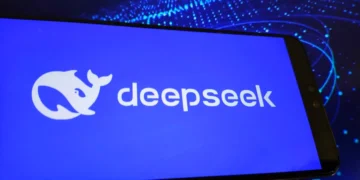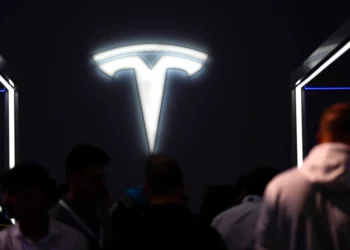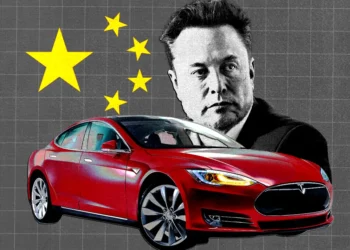
A new era commences at Rover.
Following the completion of its $2.3 billion deal with Blackstone on Tuesday, the Seattle-based pet-sitting enterprise enters a fresh phase in its 13-year journey. Originating from a hackathon, Rover navigated through a pandemic, a public offering, and now, a private equity acquisition.
In a conversation with GeekWire, Rover’s CEO Aaron Easterly, who has spearheaded the company since its inception, expresses optimism about the road ahead.
“Our market position has never been stronger,” he affirms.
Rover achieved a billion-dollar run rate in gross sales in the third quarter of last year. Revenue surged by 30% year-over-year to $66.2 million, accompanied by a net income of $10.5 million.
The bulk of the company’s revenue stems from its marketplace linking pet owners with sitters for overnight stays. Rover has propelled its expansion by catering to diverse animals such as cats and venturing into new markets, particularly overseas.
The pet industry continues its upward trajectory, propelled by increased pet adoption amid the pandemic. Bloomberg Intelligence forecasts a market size of $500 billion by 2030, up from $320 billion in 2023.
“Evidently, pets are claiming a larger share of disposable income,” Easterly observes.
Throughout the years, Rover has explored various ancillary businesses, encompassing grooming, pet gear, training, and other verticals.
Easterly emphasizes that there are still untapped opportunities within the pet industry where technology could offer substantial value.
“For a decade, the industry lagged behind in tech adoption, and a significant portion remains highly fragmented,” he points out.
Blackstone, which has more than $1 trillion in assets under management, will help Rover accelerate parts of its business, Easterly said, pointing to its experience with companies at a similar stage and the advantage of having an investor with a “long-term horizon.”

Asked about any potential workforce reductions following the acquisition, Easterly said he expects headcount to grow.
“This is not about saving a bunch of money,” he said. “This is about keeping a really great trajectory going.”
Rover initially got going back in 2011, when Seattle venture capitalist Greg Gottesman pitched the idea at a Startup Weekend event. The company was incubated inside Seattle-based Madrona Venture Group in its early days.
After years of growth, Rover was hammered by the COVID-19 pandemic that kept many people working from home and forced travelers to cancel vacation plans. In March 2020, it laid off 41% of its workforce.
Rover was able to recover and went public in 2021 through a SPAC merger in a deal that valued the company at $1.35 billion.
Reflecting on Rover’s journey over the past 13 years, Easterly pointed to the commitment from longtime senior leaders and early investors who stuck with the company through the ups and downs.
“This was not an obvious business,” he noted. “It had its share of naysayers early on, and even later.”
In a blog post, Madrona, which held a sizable ownership stake even through the company’s public offering, said it had “immense pride” for Rover’s accomplishments.
“Building and scaling digital marketplaces that deliver great customer experiences is hard — even harder when making them great and profitable businesses,” the firm wrote. “The Rover team achieved both.”















































